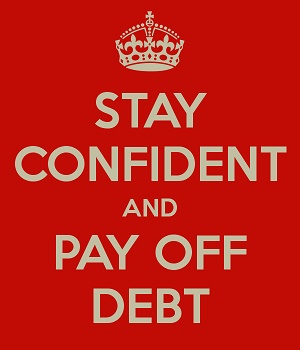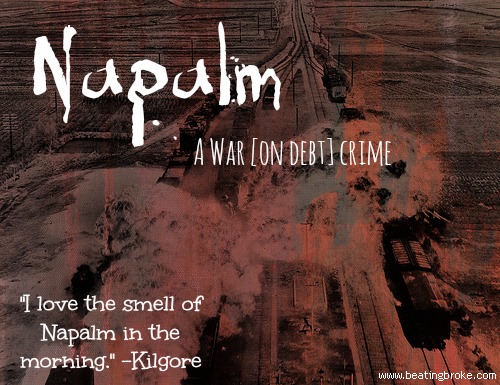The other night, my husband and I watched Maxed Out, a documentary about the credit card industry and the effects using credit has on individuals’ lives.
While the movie itself had some dry sections, the heart of the movie, to me at least, was how people responded to heavy debt loads.
Of course, heavy debt loads is a relative term.
The Worst Case Scenario
One college student who was $12,000 in debt chose to take her own life rather than face the endless collection calls about a debt that she obviously felt was insurmountable.
Another woman, Yvonne Pavey, was in debt, but then, with late fees and penalties, the amount of debt she faced spiraled out of control. Her solution was to simply drive her car into a nearby lake. Her body was found at the end of the Maxed Out documentary.
The Endless Anxiety and Despair

She had mentally checked out of the game of life and felt that she had failed and there was no escape. This feeling of despair among those who have debts is common.
The Effects on Your Health
In addition, carrying a heavy debt load can take a physical toll. “Experts say there’s no question that being in debt can be stressful. And a wide body of research has tied stress to health problems including high blood pressure, cardiovascular disease and stomach disorders such as colitis. ‘As with any serious stress’ debt does have an ‘impact on one’s physical health,’ said Elizabeth Carll, a New York-based stress and trauma psychologist. Financial worries may cause a person to be ‘run-down, have more colds, migraines and headaches, [and] their current medical conditions may get worse” (The Washington Post).
As someone who is on a journey to pay off nearly $58,000 in credit card and student loan debts, I can attest both to the sense of hopelessness and the health risks. For nearly 18 months in our debt payoff journey, the debt was literally all I could think about, and it affected my health. I didn’t sleep as well as I should, I was quick to anger because of the stress from the debt, and my health failed me. In fact, it’s taken me 15 months to restore my health and almost begin to feel like myself again.
We have been paying down our debt for two years now, and we have just reached the halfway point. Our debt now is at $29,000 in student loans only, and we finally feel like we can breathe. I’m not out of debt yet, but I’m far enough through the process that I can see how much that debt weighed on me like a ton weight around my neck.
Through this journey, I’ve learned that your mindset can make or break you when it comes to both your feelings about your debt and your debt payment.
Stay tuned for part two. . .
Melissa is a writer and virtual assistant. She earned her Master’s from Southern Illinois University, and her Bachelor’s in English from the University of Michigan. When she’s not working, you can find her homeschooling her kids, reading a good book, or cooking. She resides in New York, where she loves the natural beauty of the area.



